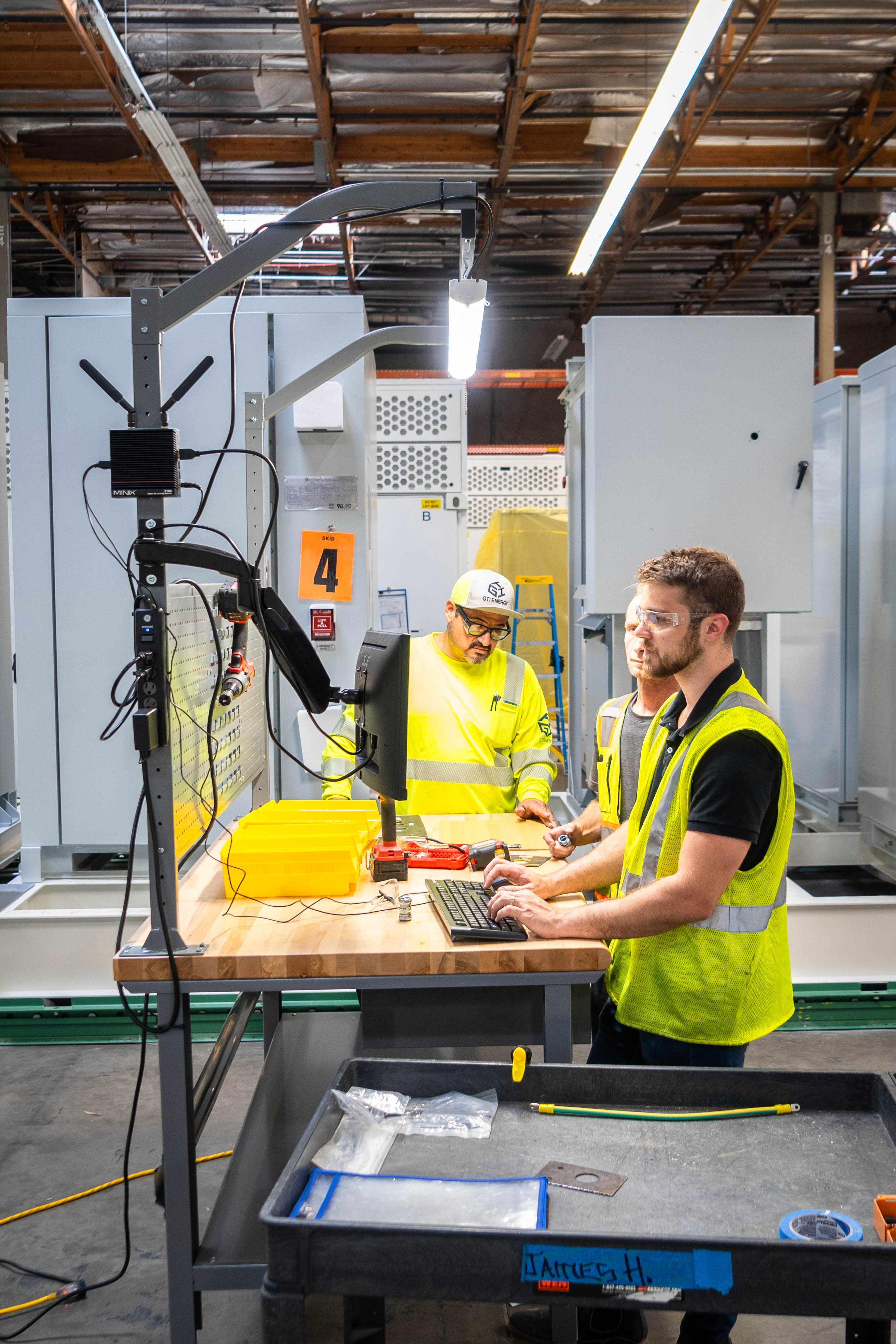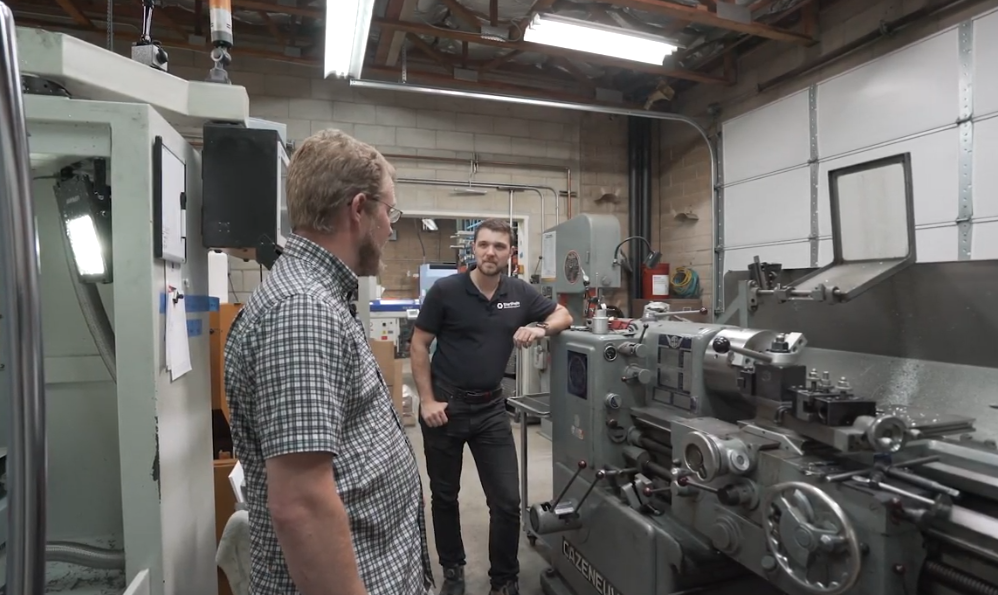
The manufacturing industry has a problem: engineers are spending 60% of their time on administrative tasks instead of solving complex engineering challenges. Nowhere is this more apparent than in RFQ processing, where skilled professionals manually analyze drawings, extract specifications, and estimate manufacturing requirements for hours on end.
This paradigm is fundamentally broken. Your most valuable technical minds shouldn't be functioning as data entry clerks.
The Traditional RFQ Nightmare
Walk into any job shop today, and you'll find engineers hunched over desks, manually measuring drawing features, cross-referencing material specifications, and building routings from scratch. A typical RFQ process looks like this:
- 45 minutes analyzing drawings and extracting dimensions
- 30 minutes researching material requirements and availability
- 60 minutes building manufacturing routings and operation sequences
- 15 minutes documenting everything for the quote
That's 2.5 hours per RFQ, and most shops process dozens per week. Meanwhile, customer expectations for quote turnaround have compressed from weeks to days, creating an impossible squeeze on resources.
Enter Manufacturing AI Agents
At StartProto, we've developed manufacturing AI agents that fundamentally transform this process with the use of ai in manufacturing. Our engineering analysis capabilities automatically process drawing packages and extract complete manufacturing specifications in minutes, not hours.
Here's how our AI agent approaches RFQ processing
Our Engineering Analysis Agent processes uploaded drawings and returns detailed manufacturing instructions, including machining sequences, tooling requirements, and material specifications. The agent then leverages our Cost Estimation Sub-Agent to calculate accurate cost estimates based on the extracted routing.
For complex assemblies, our Bill of Materials Sub-Agent automatically generates component hierarchies with complete material breakdowns, while our Vendor Intelligence Agent provides real-time supplier pricing and availability data.
Real-World Impact
One aerospace manufacturer we work with was drowning in RFQ volume. Their engineering team was working 60-hour weeks just to keep up with quote requests, and customer satisfaction was plummeting due to slow response times.
With use of ai in manufacturing quoting, their RFQ processing time dropped from 2.5 hours to 25 minutes. More importantly, their engineers could focus on complex problem-solving instead of routine data extraction. The result? 85% increase in quote volume with the same headcount and significantly improved customer satisfaction scores.
The Technical Architecture
Our AI agents don't just read drawings—they understand manufacturing. We've trained them on thousands of engineering drawings, manufacturing processes, and industry best practices. They can identify critical features, suggest optimal machining strategies, and even flag potential manufacturability issues before quotes go out.
The system integrates seamlessly with existing workflows. Engineers simply upload drawing packages, and our agents handle the rest:
- Drawing Analysis: Automatic feature extraction and dimension analysis
- Material Identification: Specification matching and availability checking
- Process Planning: Optimal routing generation with operation sequencing
- Cost Estimation: Real-time pricing based on current material and labor rates
- Documentation: Complete manufacturing packages ready for production
Beyond Efficiency: Strategic Advantage
The real power isn't just speed—it's consistency and accuracy. Human engineers have good days and bad days. They miss details when they're tired or rushed. Manufacturing AI agents maintain the same level of precision every time, reducing costly errors and rework.
More importantly, AI agents learn from every RFQ they process. They build institutional knowledge that doesn't walk out the door when employees leave. Your company's manufacturing expertise becomes encoded in the system, creating a competitive moat that deepens over time with continued use of ai in manufacturing.
Conclusion
The Future of Engineering
This transformation represents more than process improvement—it's a fundamental shift in how engineering teams operate. Instead of spending their time on routine analysis, engineers can focus on innovation, optimization, and complex problem-solving that truly requires human creativity.
The manufacturers who embrace this change will dominate their markets. Those who cling to manual processes will find themselves increasingly uncompetitive as customer expectations continue to accelerate.
The question isn't whether AI will transform manufacturing—it's whether you'll lead the transformation or be left behind. Start your free trial today!
Unlock the potential of AI manufacturing
Blogs & Resources
Industry trends, manufacturing business tips, and more




